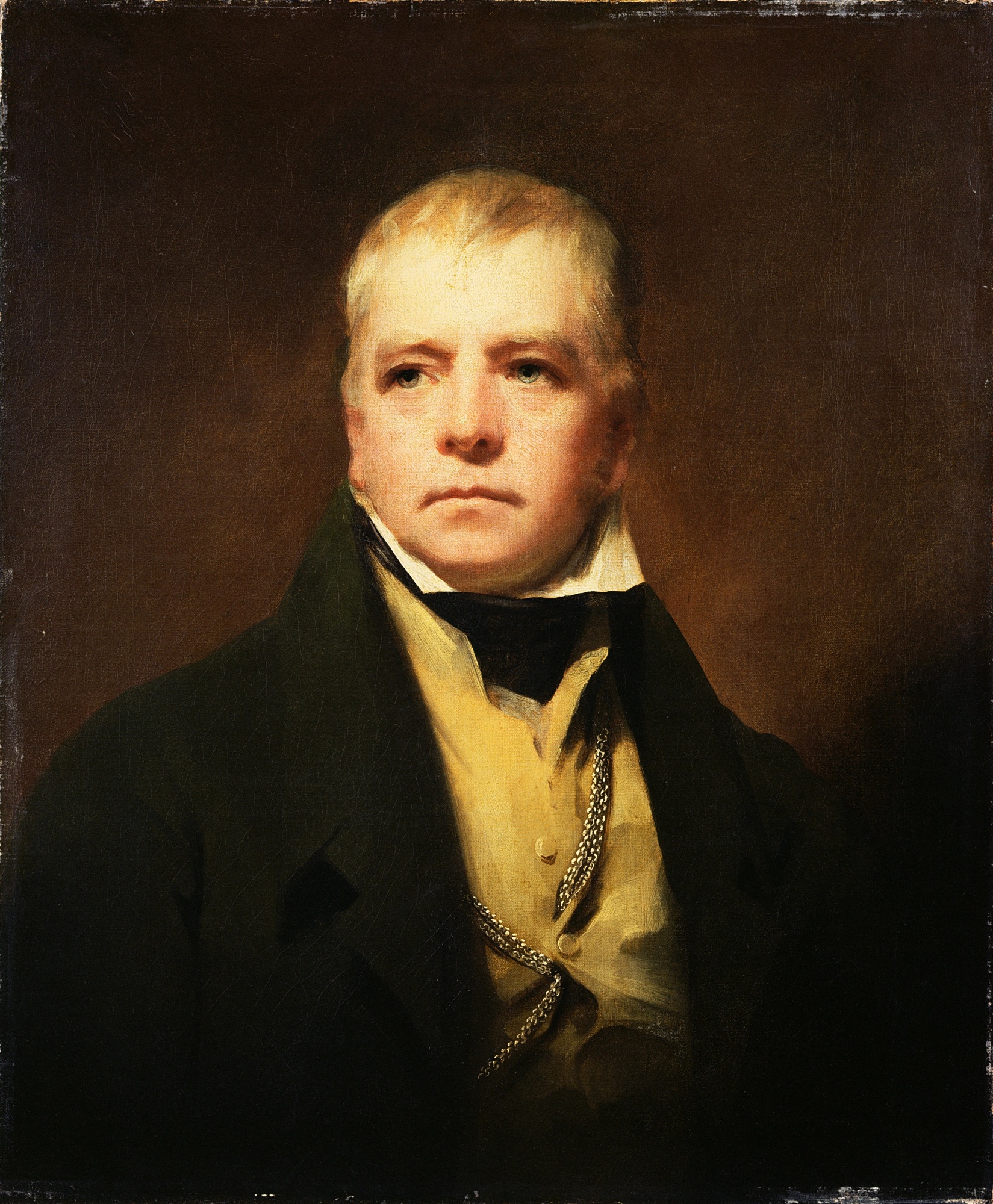Walter Scott Frases famosas
Walter Scott frases e citações
“Em obséquios de pouca monta, quem aceita pratica um ato de tanta urbanidade como quem oferece.”
Variante: Em obséquios de pouca monta, quem aceita pratica um acto de tanta urbanidade como quem oferece.
“Você ama a vida? Não desperdice então o tempo, pois é dele que se compõe a vida.”
Do you love LIFE? Then do not squander TIME for that is the stuff life is made of.
citado em "Inspiration & motivation" - Página 42, Alfred Armand Montapert - Prentice-Hall, 1982, ISBN 013467605X, 9780134676050 - 284 páginas
“Muito embora percamos todos os nossos bens, conservemos intacta a honra.”
Variante: Embora percamos todos os bens, conservemos imaculada a honra.
“O amor-próprio é o maior de todos os aduladores.”
Reflexões ou sentenças e máximas morais, Página 6 https://books.google.com.br/books?id=lCSoBAAAQBAJ&pg=PT6, François de La Rochefoucauld; tradução de Rosa Freire d'Aguiar. — 1a ed. — São Paulo: Penguin Classics Companhia das Letras, 2014
"L'amour-propre est le plus grand de tous les flatteurs."
Reflexions ou sentences et maximes morales - Página 2 http://books.google.com.br/books?id=88UGAAAAcAAJ&pg=PA2, François de La Rochefoucauld - 1760
Walter Scott: Frases em inglês
“War's a fearsome thing. They'll be cunning that catches me at this wark again.”
Old Mortality, Volume II (1816), Chapter XI.
“But woe awaits a country when
She sees the tears of bearded men.”
Canto V, stanza 16.
Marmion (1808)
“Rouse the lion from his lair.”
The Talisman (1825), Heading, Ch. 6.
“Tell that to the marines—the sailors won't believe it.”
Redgauntlet, Vol. II (1824), Ch. 13 http://books.google.com/books?id=ixkGAAAAQAAJ&q=%22Tell+that+to+the+marines+the+sailors+won't+believe+it%22&pg=PA326#v=onepage.
Canto I, stanza 1.
The Lady of the Lake http://www.gutenberg.org/etext/3011 (1810)
“Within that awful volume lies
The mystery, of mysteries!”
Fonte: The Monastery (1820), Ch. 12.
“Where, where was Roderick then!
One blast upon his bugle-horn
Were worth a thousand men.”
Canto VI, stanza 18.
The Lady of the Lake http://www.gutenberg.org/etext/3011 (1810)
“Steady of heart, and stout of hand.”
Canto I, stanza 21.
The Lay of the Last Minstrel (1805)
Chronicles of the Canongate (1828), Second Series, Ch. 1 http://books.google.com/books?id=lo8nAAAAMAAJ&q=%22There+is+a+vulgar+incredulity+which+in+historical+matters+as+well+as+in+those+of+religion+finds+it+easier+to+doubt+than+to+examine%22&pg=PA19#v=onepage
“Oh, young Lochinvar is come out of the West,
Through all the wide Border his steed was the best.”
Canto V, st. 12 (Lochinvar, st. 1).
Marmion (1808)
“Along thy wild and willow'd shore.”
Canto IV, stanza 1.
The Lay of the Last Minstrel (1805)
“And ne'er did Grecian chisel trace
A Nymph, a Naiad, or a Grace
Of finer form or lovelier face.”
Canto I, stanza 18.
The Lady of the Lake http://www.gutenberg.org/etext/3011 (1810)
“Come as the winds come, when
Forests are rended,
Come as the waves come, when
Navies are stranded.”
Pibroch of Donald Dhu (1816), St. 4.
“If thou would'st view fair Melrose aright,
Go visit it by the pale moonlight.”
Canto II, stanza 1.
The Lay of the Last Minstrel (1805)
Canto II, stanza 22.
The Lady of the Lake http://www.gutenberg.org/etext/3011 (1810)
“Saint George and the Dragon!-Bonny Saint George for Merry England!-The castle is won!”
Fonte: Ivanhoe (1819), Ch. 31, Wamba celebrates their victory.
“Time rolls his ceaseless course.”
Canto III, stanza 1.
The Lady of the Lake http://www.gutenberg.org/etext/3011 (1810)
Fonte: Ivanhoe (1819), Ch. 27, Proverb recited by Wamba to De Bracy and Front-de-Boeuf.
“Still are the thoughts to memory dear.”
Canto I, stanza 33.
Rokeby (1813)
Countess Brenhilda in Count Robert of Paris (1832), Ch. 25.
Life of Napoleon.
Bartlett's Familiar Quotations, 10th ed. (1919)
“Stood for his country’s glory fast,
And nail’d her colours to the mast!”
Canto I, introduction, st. 10.
Marmion (1808)
Fonte: Ivanhoe (1819), Ch. 23, De Bracy's vain attempt to woo Rowena using the language of courtly love.
